Goran Jevtić
出生 : 1978-01-18, Mladenovac, Serbia
略歴
Goran Jevtić is a Serbian actor. He was born in the village of Resnik, municipalities Mladenovac. He graduated in acting at the Faculty of Dramatic Arts in Belgrade in 2001. year. Play in a number of Serbian theaters such as the Yugoslav Drama Theatre, Atelje 212, Little Theatre "Dusko Radovic", etc.. He is a winner of one of the most prestigious theater awards in Serbian Milos Zutić, for multiple roles in the play The Petrified Prince, which was set up in co-production of Little Theatre "Dusko Radovic", Danish theaters Corona La Blance and Lampe, and Belgrade Theatre "Pinokio" Puppet.

Self
Two young actors are exploring the topic of representation of LGBTI people through the history of Yugoslav cinema and social circumstances that have resulted in different treatment of these characters.

Set five years on from the school days of director Stevan Filipovic's previous film Next to Me, a state of emergency exists and politicians are accused of capitalising on public anxiety around Covid-19, which makes the shocking situation that reunites the characters significantly more extreme. The story centres on Ksenija (newcomer Mina Nikolic), a driven young woman striving to move from tabloid hack to a career journalist in a world of click-bait headlines and showbiz scandals cooked up to feed the masses. Ksenija's personal and professional journey is hampered when Vera tests positive for Coronavirus and Ksenija must question how far she will bend to survive in a climate where political pressure is increasingly overt and can be said to capitalise on fear during the pandemic.
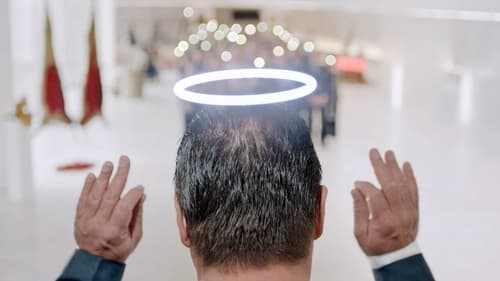
Advokat Lauer
Three stories about the impact of three God's miracles in the medieval sense that happen to the film's heroes living in a post-communist society that, after half a century of atheism, re-learns about Christianity.
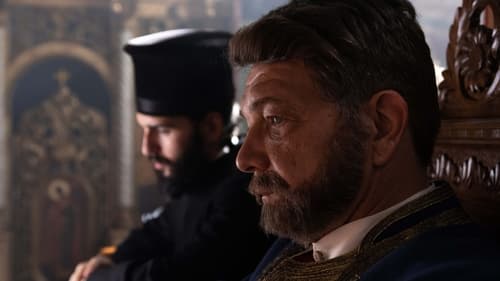
Paraputa
The film follows the story of Hadzi Trifun, a prominent Serbian merchant, who tries to keep the peace with the Turkish authorities, but also maintains his reputation and influence in Vranje, an important Turkish town near the border with liberated Serbia. While Trifun is preparing his two sons to succeed him as the leaders of the Serbian people, he is suffering not only from powerful Turkish beys, but also from his family. Trifun makes difficult decisions that will later affect his descendants, the heroes of the novel Impure Blood by Serbian writer Bora Stankovic.

Taksista
Picture of most likely our greatest enemy but motivation as well - ego. Lonely, lost and confused, destructed and abused. How much we really know ourselves? How indeed we are capable to keep our love clear?

Ustasha
Unknown Serbian author creates one of the most popular Serbian folk songs "Djurdjevdan" (St. George Day) in the 'Train of Death' on it's way to Croatian concentration camp Jasenovac, during World War 2.

Tanatos
Sisyphus is a shepherd who lives by the river. A solitary man who falls into trap set by the gods. He dares to stand against the almighty Zeus, bringing upon himself his wrath. The revenge of the gods seems simple – they send Death after Sisyphus.

Bivši
In this romantic tragedy, love drama, three stories are interwoven with characters that are trying to solve their emotional problems and unresolved relationships from the past during one night. Each of the characters survive their loneliness with others.
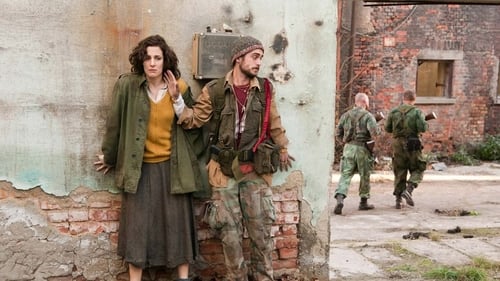
Mitar
During the Bosnian War, Danijel, a soldier fighting for the Serbs, re-encounters Ajla, a Bosnian who's now a captive in his camp he oversees. Their once promising connection has become ambiguous as their motives have changed.
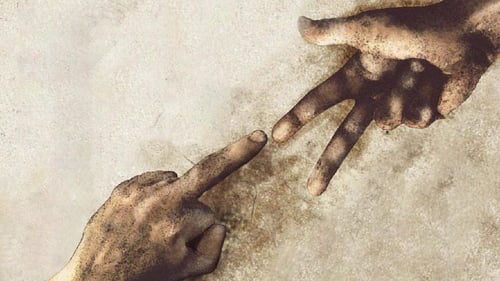
Mirko
The Parade, in a tragicomic way, tells the story about ongoing battle between two worlds in contemporary post-war Serbian society - the traditional, oppressive, homophobic majority and a liberal, modern and open-minded minority... The film, which deals with gay rights issues in Serbia, features footage of the 2010 Belgrade gay pride parade. The film introduces a group of gay activists, trying to organize a pride parade in Belgrade.

Dane
Love triangle story between the village gendarme Đorđe, his wife Katarina and the young disabled war veteran Gavrilo during the time between First Balkan War and World War I.

Filomen
Black comic debut film about modern Belgrade in which a group of people cross each other’s paths on the same day that Serbian tennis players play an international match at an international tennis tournament. The moral vacuum that was left after the nationalist conflicts in the area are reflected in the self-satisfied behaviour of the characters. Black comedy and ensemble film about modern Belgrade, where several people’s paths cross on the same day that several popular Serbian tennis players play a match in an important international tournament. A young girl tries her best to get her hands on new tennis equipment, a taxi driver blames the rest of the world for not being able to get on in life, a rich adolescent discovers that love is not for sale. Driven by instincts, fears and obsessions, the characters discover that reality will not fit in with their desires.

Jacek from Poland
Luxurious Danube river cruiser "Kriemhild", on a 2 day tour from Vienna to Belgrade. The ship "Kriemhild" is a floating sin city. Exhausted, unhappy, frustrated people from western Europe come here to "relax" and conduct business with alcohol, entertainment and sex. The crew of the "Kriemhild" are young people from eastern Europe who are trying to earn enough money to escape their small insignificant lives. That one night on this ship will shuffle the hands of fate of both the passengers and the crew of the ship. Prejudices, stereotypes and lack of communication between men and women, people of different religions, nationalities and social statutes will lead to absurd and, at times, dangerous situations, all colored with elements of dark humor. The night will unveil pain and tears, happiness and laughter.

Koks
We Are Not Angels III is a Serbian film. In 1973 during a Youth Work Action, budding musician Borko Pavić (Nikola Pejaković) is disappointed to find out that the majority of his fellow young workers prefer to dance kolo to folkish harmonica sounds rather than listening to him play his acoustic guitar. Heartbroken and depressed he confides in his best friend that he read that in America the young people make the devil appear by playing the music backwards who then makes them rich and famous. He becomes the mega popular rock'n'roll superstar Dorijan. Cut to 30+ years later Dorijan is still a debauched, coke-snorting, and alcoholic superstar, except that he's now playing turbo folk instead of rock'n'roll. He lives with a silicone trophy girlfriend Smokvica and his best friend from childhood is his business manager. Despite still having his women, fame, and fortune, Dorijan is unhappy about having to resort to playing a musical style he hates in order to have all that.
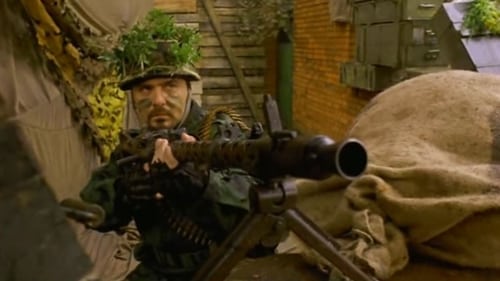
Andreja
In this sequel of "We Are Not Angels", a highly successful Yugoslavian comedy, a former playboy must cope with his daughter's adolescence, as well as numerous boys that keep knocking at her doors. A worried father thinks she may get in type of troubles he used to cause when he was just the age of her wooers.
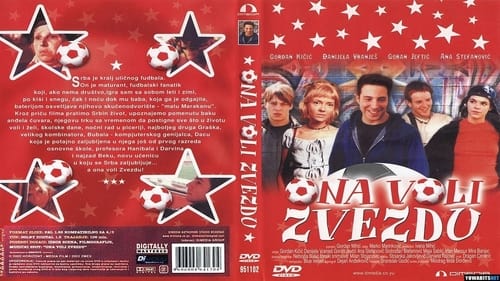
Grašak
Srba is graduating pupil and football fanatic, or more precise king of a street soccer, who plays even without others, in a winter, summer, rain or snow, while his grandma lights narrow backyard (so called small Maracana) with a flashlight. He wouldn't accept to become professional by no means and to play for money, rejecting offers of various scouts promising him a career in Spain, Greece, Germany, Turkey... main characters of Srba's school days are his best friends, Daca who is secretly in love with him ever since first grade, professors Hannibal and Darwin and Beki, new schoolmate to whom Srba fells in love - and she loves Red Star...

Rome is on the thresh-hold of the Holy year 1925, the city wishes to present itself as 'spotless' to the outside world. The appearance of a child's corpse puts an end to these aspirations. The police arrest a small time crook who has committed a robbery but has nothing to do with the murder of the child.










